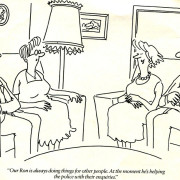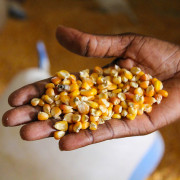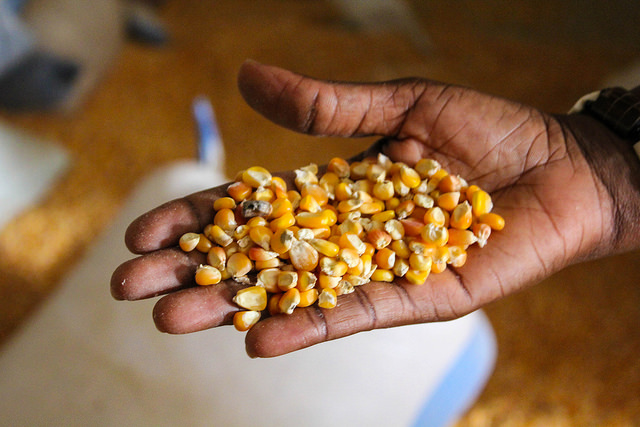Verleumdung oder, wenn der Zweck die Mittel heiligt
Diese News ist leider einem sehr unangenehmen Thema gewidmet, da unser Verein ZERAP-Germany der ja diese Webseite betreibt, in den letzten Wochen mehrfach Opfer unsäglicher Verleumdungen war. Diverse Menschen wurden angeschrieben, wobei der angebliche Absender, in dessen Namen die Briefe verschickt wurden, davon nichts wusste. Es handelt sich also gleich um zwei Straftaten: Verleumdung oder „üble Nachrede“, wie es im Juristendeutsch heißt, und Identitätsmissbrauch, denn hier wurde faktisch einem Dritten die Straftat in die Schuhe geschoben. Das ist schon wirklich armselig.
Der Kontext der Verleumdungen scheint ein Streit zu sein, den unserer Vorsitzenden mit Gunter Pauli über den Markennamen „Blue Economy“ haben. 2009 haben Herr Haastert und Frau Kuhlemann die Blue Economy mit Gunter Pauli gemeinsam „gegründet“ und aufgebaut. 2012 kam es zum Streit, weil die gesicherte Marke in eine Stiftung überführen werden soll, mit transparenten Regeln, wer unter welchen Bedingungen den Begriff „Blue Economy“ verwenden darf. Im Rahmen einer Mediation stimmte Pauli u.a. diesem Punkt Mitte 2012 zu, wollte jedoch kurz darauf nichts mehr davon wissen. Seitdem gibt es einen Konflikt. Mehr dazu steht mitunter in diesem brand eins Artikel.
Sowohl Gunter Pauli selbst als auch einige Menschen aus seinem Umfeld haben in den letzten Jahren aus dieser sehr konkreten Meinungsverschiedenheit das Recht abgeleitet, Verleumdungen zu verbreiten, wohl aus Frust darüber, dass es in der Sache nicht weiterging. Jeder einzelne Vorfall wurde zur Anzeige gebracht und gerichtlich zu Gunsten der Klagenden geklärt. Leider hat es dennoch keine Einsicht auf der Gegenseite gegeben, dass Lügen und Beschimpfungen kein Lösungsansatz sein können (ganz abgesehen davon, dass sie strafbar sind). Wir selber distanzieren uns ausdrücklich von einem solchen Verhalten; wenn es das ist, wofür Blue Economy steht, dann möchten wir damit nichts zu tun haben!
Im Oktober haben wir daher entschieden, die Stiftungsgründung für die geschützte Marke „Blue Economy“ abzubrechen und sie stattdessen „open source“ zu geben mit der einzigen Bedingung, dass dann auch die Texte von Gunter Pauli rund um Blue Economy open source bzw. copyleft gestellt werden. Damit wollen wir dem Konflikt die Grundlage entziehen und das Thema zu einem Abschluss bringen. Da Pauli’s Umfeld von diesem Vorschlag scheinbar noch nichts gehört hat, machen wir ihn hiermit öffentlich.
Bild: Roger W unter creative commons Lizenz




